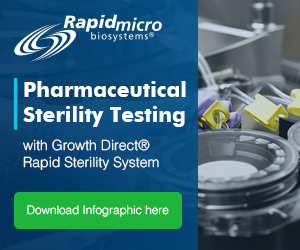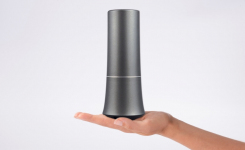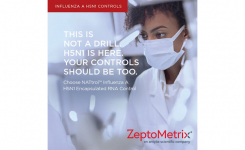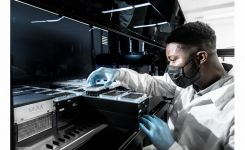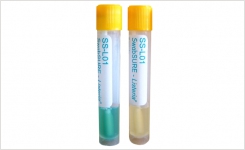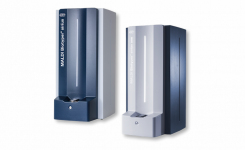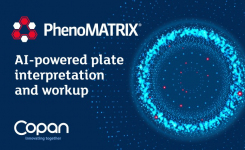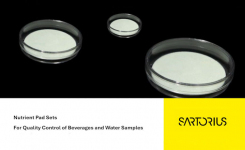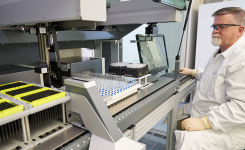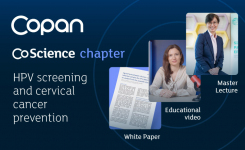Thermo Scientific Expands Range of Food Testing Kits
go back to news archives| | Following the recent acquisition of the prepared media and diagnostics business of Medvet Science Pty Ltd, Thermo Scientific Limited is pleased to announce the expansion of its range of microbiological tests for the food industry to include two new Diagnostic Reagents kits - one for Salmonella and another for Listeria species. The new Thermo Scientific Salmonella and Listeria Test Kits are easy-to- use, rapid latex agglutination tests that can be performed from selective culture, providing clearly visible results in less than 30 seconds. |
| No special training is required to perform the tests or interpret the results. Suspect colonies are simply mixed with latex reagent on a reaction slide. The latex particles, which have been coated with specific antibodies, will visibly agglutinate in the presence of the target organism, thus indicating a positive result. In the absence of target organism the latex particles remain in smooth suspension. |
Source : Thermo Scientific. View archived contact details
Posted on January 15, 2004



